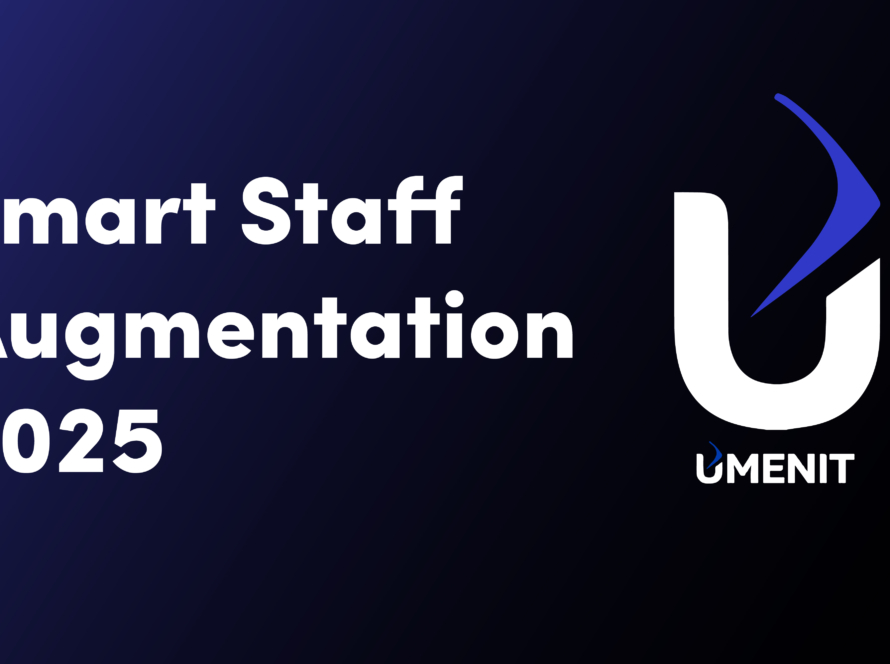Artificial Intelligence (AI) transforms healthcare, enabling precise diagnoses, tailored treatments, and operational efficiency.
However, with its widespread adoption comes a pressing need to address the challenges of bias and fairness.
Ensuring that AI systems uphold equity in healthcare is essential to building trust and improving patient outcomes across diverse populations.
The Root of AI Bias in Healthcare
AI systems are only as effective as the data used to train them. When data reflects societal inequalities or demographic imbalances, AI can inadvertently perpetuate these biases.
For example, if an algorithm is trained primarily on data from one demographic group, it may fail to accurately predict outcomes or suggest treatments for underrepresented groups.
In healthcare, this can manifest in several ways. For instance, an AI-powered diagnostic tool trained on data skewed toward certain populations may not perform equally well for others.
Similarly, gender biases in historical data can lead to disparities in how symptoms are interpreted and treated.
Real-world examples of Bias
1. Racial Bias: AI systems trained on datasets dominated by specific racial or ethnic groups often produce less accurate results for minorities.
This can result in delayed diagnoses or inappropriate treatments, exacerbating existing healthcare inequalities.
2. Gender Bias: Historical biases in medical data may result in AI systems interpreting symptoms differently for men and women.
For example, heart attack symptoms in women are often underrecognized due to gender-skewed training data.
3. Economic Bias: AI tools used for resource allocation may prioritize well-funded institutions or regions, leaving underserved communities with fewer benefits.
Impact of Bias on Healthcare Outcomes
Bias in AI can have serious repercussions in healthcare, including:
- Misdiagnosis: Patients receiving incorrect or delayed diagnoses due to biased algorithms face avoidable health risks.
- Inequitable Care: Treatment plans based on biased recommendations can disproportionately favor certain groups while neglecting others.
- Erosion of Trust: Patients and healthcare providers may lose faith in AI solutions if they perceive them as unfair or unreliable.
Strategies to Address Bias in AI Systems
Tackling bias and ensuring fairness in AI requires intentional strategies and a commitment to ethical practices.
1. Diverse and Representative Datasets
To build equitable AI systems, it is crucial to use training data that reflects the full spectrum of demographic diversity.
By including data from different races, genders, ages, and socioeconomic groups, developers can create models that perform effectively across varied populations.
2. Transparent Development Practices
AI systems should be designed with transparency, allowing healthcare professionals to understand how decisions are made.
This includes documenting the sources of data, methodologies for training algorithms, and limitations of the system.
3. Continuous Monitoring and Auditing
Regular evaluation of AI systems ensures that they maintain fairness and accuracy over time.
Monitoring performance across diverse groups can help identify and address biases as they emerge.
4. Inclusive Development Teams
Bringing diverse perspectives to AI development can help identify and mitigate potential biases.
Collaboration among technologists, healthcare professionals, and ethicists can ensure that systems are designed with fairness in mind.
The Role of Standards and Regulations
Regulatory bodies and healthcare organizations must establish frameworks to ensure ethical AI use. This includes setting guidelines for:
- Bias Testing: Mandating thorough evaluation of AI systems for demographic biases.
- Data Transparency: Requiring clear documentation of data sources and training methodologies.
- Accountability: Holding developers responsible for addressing bias in their AI systems.
Towards a Fairer Future in Healthcare
The potential of AI to revolutionize healthcare is undeniable, but its success hinges on addressing the challenges of bias and fairness.
By adopting proactive measures, the healthcare industry can harness AI to improve outcomes while ensuring equitable care for all.
At UMENIT, we are committed to advancing AI solutions that prioritize fairness and inclusivity.
Our vision is to empower healthcare providers with tools that deliver reliable, equitable, and transformative care for every patient, regardless of their background.
AI’s promise in healthcare lies not only in innovation but also in its ability to bridge gaps and create a future where advanced care is accessible to all. Together, we can shape a healthcare landscape defined by equity and trust.



